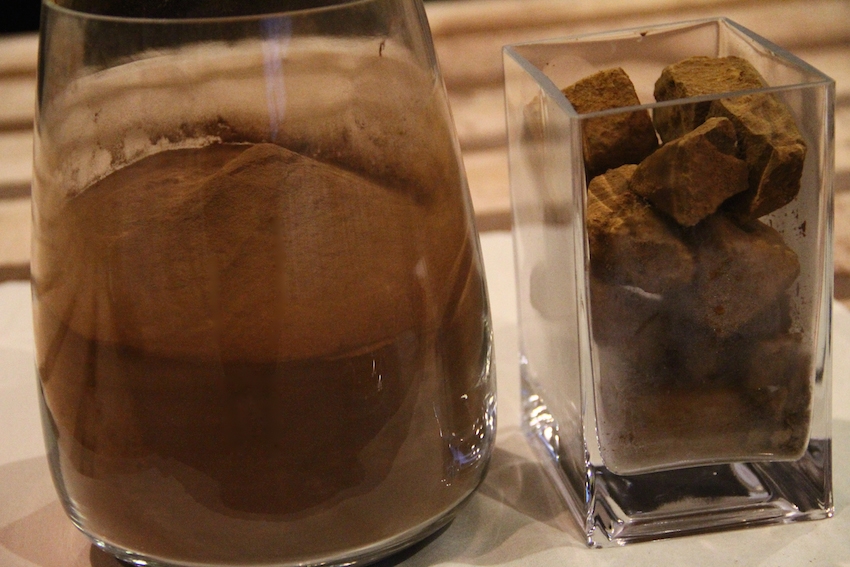
Features
Bioeconomy
Pulp
Research & Innovation
Stora Enso launches lignin product to replace oil-based phenolic materials
Feb. 21, 2018 - Lignin is one of the main building blocks of a tree and makes up 20 to 30 per cent of the composition of wood.
February 21, 2018 By P&PC Staff

Recent research reports find the versatile raw material, once traditionally discarded by pulp and paper industries, can be used in a range of applications where fossil-based materials are currently used.
Stora Enso says its launch of Lineo is an “important step” on the way to replacing fossil-based materials with renewable solutions. It describes lignin as a renewable replacement for oil-based phenolic materials which are used in resins for plywood, oriented strand board (OSB), laminated veneer lumber (LVL), paper lamination and insulation material.
“Having increased our lignin focus in recent years, we’re delighted to launch Lineo. Lignin is a non-toxic raw material with traceable origin and stable cost structure, and bio-based Lineo is ideal for companies looking for alternatives to oil-based products. We believe that everything made from fossil-based materials today, can be made from a tree tomorrow,” said Markus Mannström, executive vice president of the Stora Enso Biomaterials division.
Stora Enso says it has been producing lignin at the industrial scale since 2015 at its Sunila pulp mill in Finland. The mill’s capacity is 50,000 tonnes of lignin per year, which it says makes Stora Enso the world’s largest kraft lignin producer.
The company is already selling Lineo to replace phenol, and is currently looking at other applications for the material.
Described as a free-flowing brown powder, Stora Enso’s lignin is separated during the kraft pulping process of Nordic softwood. According to Stora Enso, Lineo features a “high dry content, superior dispersibility and long storage time” as well as higher reactivity and purity.
Print this page